AI in Supply Chain: How Singapore Businesses Can Optimize Logistics and Operations [2025 Guide]
Singapore’s role as a global logistics hub makes supply chain efficiency a top priority for businesses. Yet rising costs, labor shortages, and increasing customer demands are pushing traditional operations to their limits.
AI in supply chain and logistics offers a powerful solution—enabling smarter forecasting, real-time visibility, and automation across manufacturing, retail, and logistics. From predictive analytics to AI driven supply chain optimization platforms, Singapore businesses can now harness AI to cut costs, boost resilience, and gain a competitive edge.
In this guide, we explore how Singaporean businesses can leverage AI for supply chain management—covering market insights, practical use cases, benefits, challenges, and why offshore AI development offers a strategic edge.
Table of Contents
- The State of Supply Chain in Singapore
- AI in Supply Chain Market Overview in Singapore
- What Is AI in Supply Chain?
- How Does AI in Supply Chain Work?
- Benefits of AI-Driven Supply Chains for Singapore Businesses
- AI in Supply Chain Use Cases & Examples
- Challenges and Considerations of AI in Supply Chain
- Why Singapore Businesses Should Consider Offshore AI Development
- Kaopiz – Your Trusted AI Development Partner in Singapore
- Future Trends of AI in Supply Chain
- Conclusion
- FAQs
The State of Supply Chain in Singapore
Singapore is often described as the “nerve center” of global trade. With one of the world’s busiest ports, advanced airport facilities, and strong digital infrastructure, the country consistently ranks among the top logistics hubs worldwide. For businesses operating here, supply chains are not just a support function—they are the backbone of competitiveness.
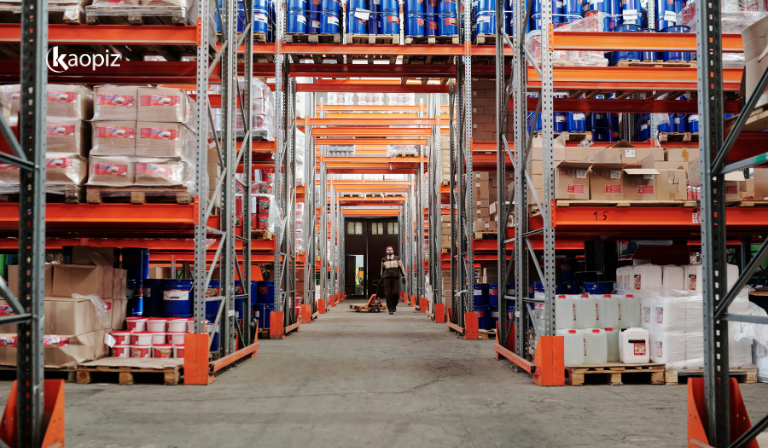
Moreover, the supply chain landscape in Singapore is evolving rapidly. Companies face several pressing challenges:
- Rising operational costs: Labor, energy, and rental prices continue to increase, squeezing profit margins.
- Talent shortages: Skilled logistics and IT professionals are in high demand, making it difficult for companies to sustain digital transformation.
- Customer expectations: E-commerce and on-demand delivery have raised the bar for speed, accuracy, and flexibility.
- Sustainability pressures: Green supply chain initiatives are no longer optional as regulations and ESG requirements tighten.
To remain competitive, businesses need to rethink their strategies and adopt technologies that deliver both efficiency and resilience. This is where AI becomes critical. By applying AI-driven logistics solutions and supply chain AI solutions in Singapore, companies can navigate these challenges while unlocking new opportunities for growth.
AI in Supply Chain Market Overview in Singapore
The AI in supply chain market is growing rapidly worldwide, valued at about $14.49 billion in 2025 and projected to surpass $50 billion by 2030. This surge is driven by demand for predictive analytics, automation, and real-time visibility across global supply chains.
In Singapore, adoption is rising quickly thanks to its role as a logistics hub and strong government support through Smart Nation and Enterprise Singapore initiatives. Companies are investing in AI-driven logistics platforms and solutions to cut costs, boost efficiency, and stay competitive. For Singapore businesses, the key question is no longer if but how fast to integrate AI into operations.
What Is AI in Supply Chain?
AI in supply chain refers to the use of artificial intelligence technologies—such as machine learning, predictive analytics, natural language processing, and generative AI—to improve how goods are planned, produced, moved, and delivered. Instead of relying solely on manual planning or static software, AI enables supply chains to become more intelligent, adaptive, and proactive.
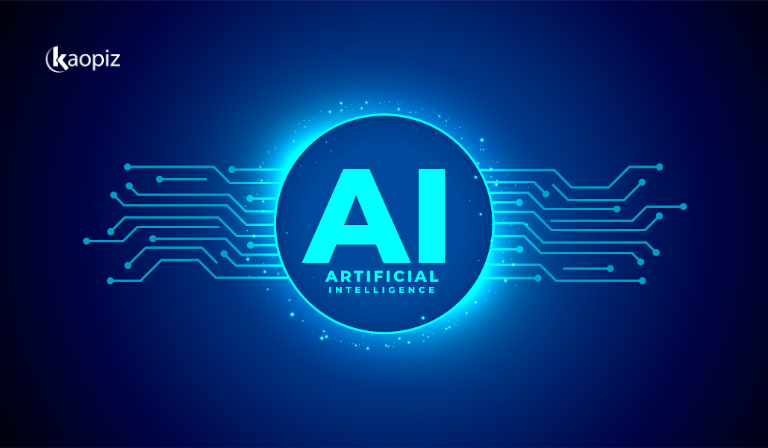
At its core, AI analyzes large volumes of data from sources like ERP systems, IoT sensors, logistics platforms, and customer demand signals. It then applies algorithms to predict outcomes, optimize operations, and even automate decision-making. AI in supply chain examples:
- Machine learning models can forecast demand with higher accuracy.
- Agentic AI in supply chain management can act autonomously to re-route shipments or adjust procurement.
- Generative AI in supply chain can simulate multiple supply chain scenarios to support strategic planning.
By turning raw data into actionable insights, AI empowers businesses to move from reactive problem-solving to AI-driven supply chain optimization, resulting in reduced costs, faster delivery, and greater resilience against disruptions.
How Does AI in Supply Chain Work?
It works by collecting, analyzing, and acting on data across every stage of the supply chain. Instead of static planning, AI systems continuously learn and adapt, helping businesses respond faster to changes in demand, supply, or external disruptions.
The process typically follows four steps:
- Data Collection – AI gathers information from ERP systems, IoT devices, sensors, logistics platforms, and external sources such as weather or market data.
- Data Analysis & Prediction – Machine learning models identify patterns to forecast demand, detect risks, and optimize inventory levels.
- Decision-Making – AI-powered systems recommend or automate actions, such as adjusting procurement, rerouting shipments, or setting dynamic pricing.
- Integration & Automation – Through integration services, these insights connect with existing tools like WMS, TMS, or ERP platforms, ensuring smooth execution.
Advanced technologies such as agentic AI can even act autonomously—monitoring supply networks in real time and taking corrective measures without human intervention. Combined with generative AI for scenario modeling, businesses gain smarter, faster, and more resilient supply chains.
Benefits of AI-Driven Supply Chains for Singapore Businesses
Specifically, for companies in Singapore, where efficiency and global connectivity are critical, AI in supply chain optimization offers clear competitive advantages. By applying machine learning, predictive analytics, and automation, businesses can transform logistics from a cost center into a strategic driver of growth.

Key benefits include:
- Cost Reduction – AI minimizes waste, reduces excess inventory, and optimizes transport routes, directly lowering operational costs.
- Improved Demand Forecasting – Machine learning models predict fluctuations with higher accuracy, helping businesses stock smarter and avoid shortages or overstocking.
- Real-Time Visibility – AI systems provide end-to-end transparency, allowing quicker responses to delays, disruptions, or market shifts.
- Greater Resilience – Predictive risk analysis prepares companies for supply shocks, making them less vulnerable to global disruptions.
- Enhanced Sustainability – Optimized routing and inventory management cut emissions and support ESG compliance.
- Faster Customer Response – AI-powered logistics ensures faster, more accurate deliveries—critical in Singapore’s e-commerce and just-in-time manufacturing markets.
By leveraging AI supply chain integration services and optimization platforms, Singaporean businesses can stay competitive in a fast-changing global environment while strengthening both profitability and resilience.
AI in Supply Chain Use Cases & Examples
AI and machine learning in supply chain are reshaping how businesses operate in Singapore and around the world. From smarter factories to seamless retail operations and optimized logistics, companies are turning to AI to solve real-world challenges. Below are key examples by sector:
Manufacturing
- Predictive Maintenance – AI models analyze sensor and machine data to detect equipment wear and predict failures before they occur, reducing downtime and repair costs.
- Smart Factory Automation – Machine learning enables factories to adjust production schedules in real time based on demand forecasts, raw material availability, or workforce capacity.
- Quality Control – AI-powered vision systems automatically detect product defects, ensuring consistency and reducing waste.
Retail & eCommerce
- Demand Forecasting – AI evaluates sales data, seasonal patterns, and external factors (e.g., holidays, promotions) to predict demand more accurately.
- AI-Powered Inventory Management – Smart algorithms balance stock across warehouses and stores, reducing both stockouts and overstock.
- Personalized Shopping & Fulfillment – AI-driven systems integrate customer data with supply chain processes to ensure faster deliveries and tailored offers.
Logistics
- Route Optimization – AI-driven logistics platforms recommend the most efficient delivery routes, cutting fuel costs and improving delivery times.
- Dynamic Pricing – AI adjusts freight pricing in real time based on demand, route efficiency, and capacity.
- AI-Powered Customs Clearance – Natural language processing and automation speed up documentation and customs processes, reducing border delays.
Challenges and Considerations of AI in Supply Chain
While the benefits of AI in supply chain management are undeniable, businesses in Singapore must carefully navigate several challenges before achieving full-scale adoption.
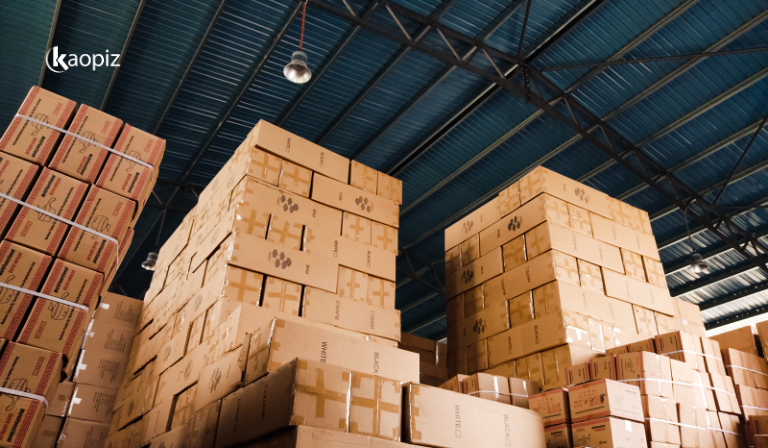
- Data Quality and Integration – AI systems rely on accurate, clean, and unified data. Many companies still face fragmented datasets across ERP, WMS, and logistics platforms, making integration difficult.
- High Implementation Costs – Setting up AI-driven supply chain optimization platforms often requires significant upfront investment in infrastructure, software, and training.
- Talent Shortage – Skilled AI engineers and data scientists are in short supply in Singapore, driving up hiring costs and slowing in-house adoption.
- Change Management – Transitioning from traditional processes to AI-driven systems requires cultural and organizational adjustments, as well as employee buy-in.
- Cybersecurity Risks – With more data moving between systems, protecting sensitive logistics and trade information from cyber threats is crucial.
- Scalability Concerns – Some AI pilots show promise but struggle to scale across global operations due to legacy systems and inconsistent data standards.
For Singapore businesses, the key is to balance ambition with practicality—starting with targeted AI use cases, leveraging AI integration services, and considering AI outsourcing or offshore development partners to manage costs and expertise gaps.
Why Singapore Businesses Should Consider Offshore AI Development
Adopting AI in logistics and supply chain management can be transformative, but many Singapore businesses face barriers such as high costs, limited local talent, and long implementation timelines. This is where partnering with an offshore software development company becomes a strategic advantage.&
Key Reasons to Go Offshore:
- Cost Efficiency – Hiring AI specialists in Singapore is expensive due to talent shortages. Offshore partners, especially in Vietnam and other regional hubs, offer access to skilled engineers at significantly lower costs.
- Scalable Expertise – Offshore teams provide a wide pool of AI developers, data scientists, and integration experts, allowing businesses to scale up quickly without long recruitment cycles.
- Focus on Core Business – By outsourcing AI development, Singapore companies can concentrate on operations, sales, and customer service, while offshore experts handle complex technical builds.
- Proven Experience – Established offshore software development companies often bring cross-industry experience—ranging from AI-driven supply chain optimization platforms to logistics automation—reducing risks and speeding up deployment.
- Faster Time-to-Market – Offshore AI teams can work in parallel with in-house staff, enabling rapid prototyping, testing, and rollout of new solutions.
For Singaporean enterprises, offshore collaboration is not just about cutting costs. It’s about gaining a reliable partner to hire AI developers, deliver supply chain AI solutions, handle AI integration, and provide the agility needed in today’s fast-moving logistics environment.
Therefore, choosing the right AI development company in Singapore with offshore capabilities can be the difference between experimenting with AI and achieving measurable business impact.
Kaopiz – Your Trusted AI Development Partner in Singapore
As an experienced IT outsourcing company in Singapore, we understand the unique challenges Singapore businesses face when adopting AI in supply chain management. Moreover, with a proven track record in custom software development, AI integration, and offshore delivery models, we help companies move from vision to execution—delivering scalable and cost-effective solutions.
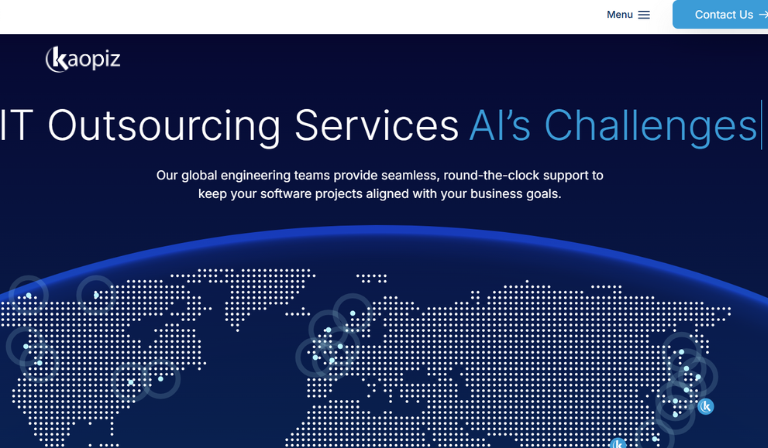
Why choose Kaopiz as your offshore AI development company in Singapore:
- Proven Expertise – Over 1,000 projects delivered across industries, including manufacturing, retail, logistics, and finance.
- Hybrid Model – A Singapore presence for local engagement, combined with offshore development centers in Vietnam for cost efficiency and scalability.
- Comprehensive Services – From AI integration and custom model development to full-stack software engineering and cloud deployment.
- Experienced Talent Pool – 600+ engineers, including AI/ML specialists, data scientists, and supply chain solution architects.
- Client-Centric Approach – Flexible engagement models (project-based, staff augmentation, or dedicated teams) tailored to business needs.
Therefore, whether you’re looking to improve AI-driven supply chain optimization, build a custom logistics platform, or explore generative AI use cases, Kaopiz is here to help. Our combination of local expertise and offshore delivery gives Singapore businesses the best of both worlds: cost savings, speed, and world-class talent.
Future Trends of AI in Supply Chain
As global trade evolves and technology advances, the role of AI will only become more critical. Therefore, for Singapore businesses, staying ahead of these trends is essential to maintain competitiveness in an increasingly digital and connected world.
- Generative AI for Scenario Planning – Businesses will use generative AI to model demand shifts, disruptions, and supply risks, enabling faster and more strategic decision-making.
- Agentic AI in Supply Chain Management – Self-operating AI agents will autonomously reroute shipments, adjust procurement, and handle exceptions without human intervention.
- AI-Powered Sustainability Tracking – AI will optimize routes for lower emissions, monitor supplier compliance, and help companies meet strict ESG and green supply chain requirements.
- Blockchain + AI for Transparency – Combining blockchain’s traceability with AI’s predictive insights will improve fraud prevention, supplier reliability, and end-to-end visibility.
- Autonomous Logistics & Smart Warehouses – AI-driven robotics, drones, and smart warehouses will automate storage, picking, and delivery for greater efficiency.
- Growth of AI Outsourcing & Offshore Development – With limited local AI talent, more Singapore businesses will partner with offshore AI development companies to accelerate adoption and reduce costs.
Conclusion
Singapore’s position as a global logistics hub makes the adoption of AI in supply chain management not just an advantage but a necessity. From predictive demand planning to optimization platforms, businesses are already seeing how AI can reduce costs, improve resilience, and unlock new growth opportunities.
Hence, the future points to even greater transformation—with generative AI, agentic AI, and autonomous logistics reshaping how supply chains operate. For Singapore companies, the key is to act now: start with high-impact use cases, integrate AI into existing systems, and scale with the right AI development outsourcing partner.
FAQs
- How Can AI Improve Logistics in Singapore?
- AI enhances logistics by optimizing delivery routes, predicting demand, and providing real-time visibility across the supply chain. In Singapore, this means faster deliveries, reduced costs, and improved customer satisfaction in a highly competitive market.
- What Are Examples of AI in Supply Chain Optimization?
- Examples include predictive maintenance in manufacturing, AI-powered inventory management for retailers, and route optimization for logistics providers. These use cases cut waste, improve efficiency, and strengthen resilience against disruptions.
- Why Should Companies Consider Offshore AI Development?
- Offshore AI development offers access to skilled engineers at lower costs, faster project delivery, and flexible scalability. For Singapore businesses, partnering with an offshore AI development company ensures advanced solutions without the high expense of hiring scarce local talent.
Trending Post
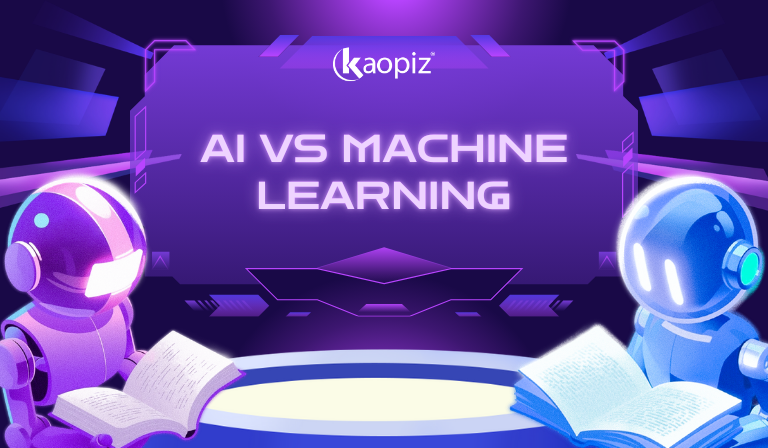
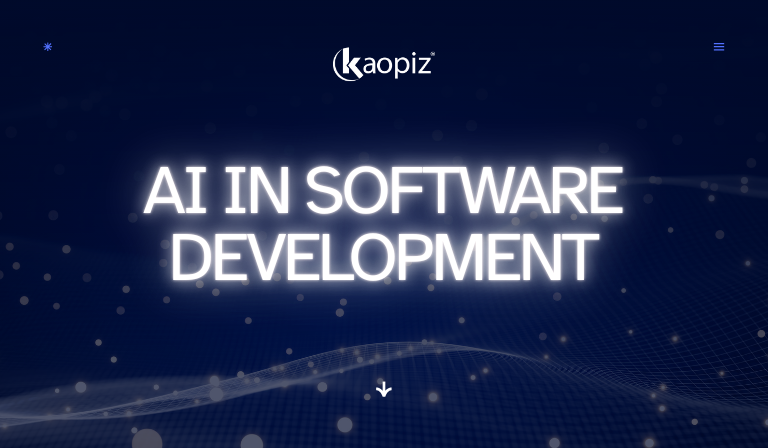
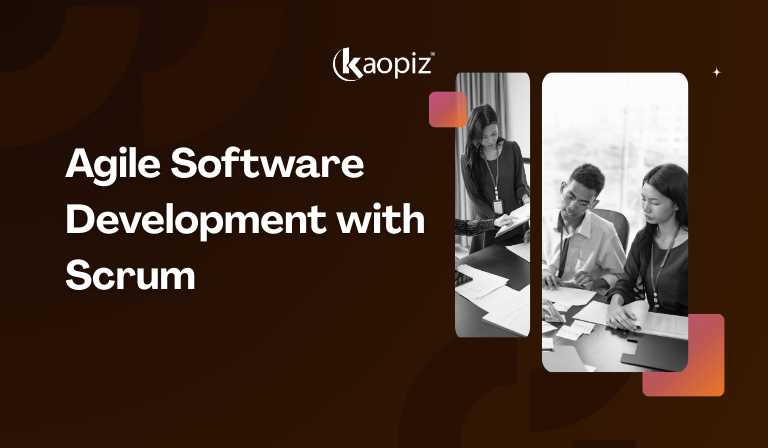

















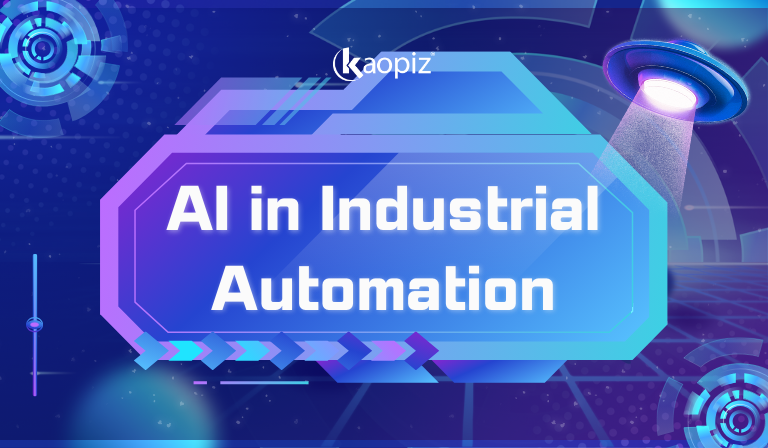

No Comments yet!